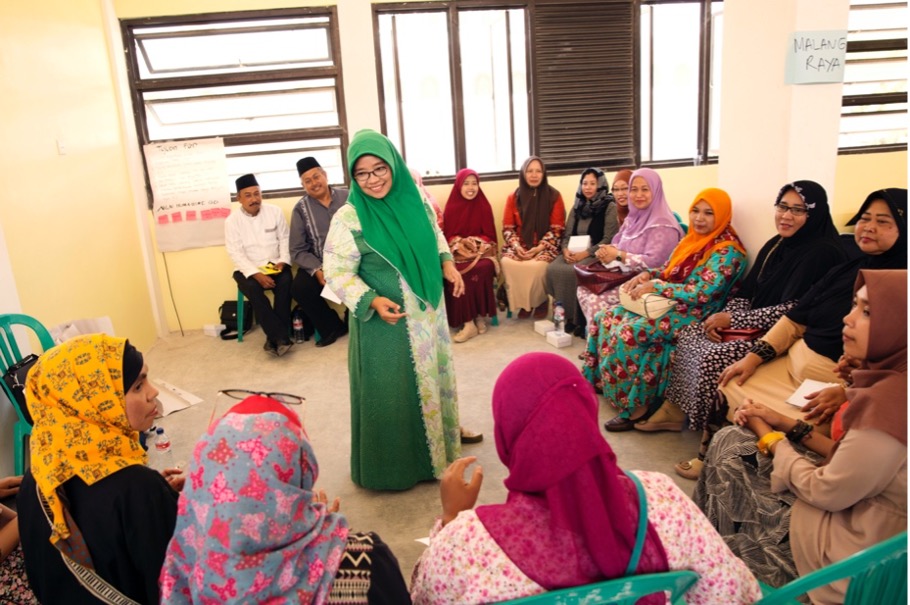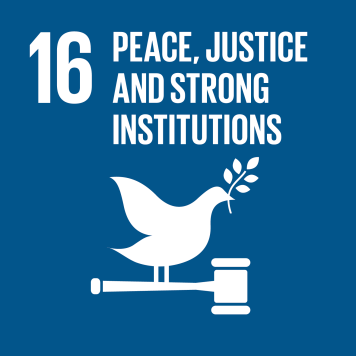Mediation Process Design: Supporting Dialogue and Negotiation

Duration:
04/03–08/03/2024
Teaching format:
Classroom
Course objective:
With development cooperation increasingly active in fragile contexts, practitioners are exposed to conflicts and mediation efforts in the areas where they work. To understand the dynamics and ways for development cooperation actors to improve collaboration with local and international third parties designing and guiding negotiation and mediation processes, practitioners need a better understanding of how conflict mediation works. Development practitioners may also integrate some of these skills and concepts in their interactions with partners. The aim of this course is to gain a basic understanding of dialogue, negotiation and mediation process design. What different principles, approaches and questions related to process design do development cooperation practitioners need to be aware of in the broader field of development, peace and governance-building in fragile contexts?
Key topics:
- Frameworks: Understand the basic principles of dialogue, negotiation and mediation processes
- Skills: Practice basic skills of dialogue facilitation and mediation (e.g. sequencing, communication)
- Design approaches to link goal (e.g. relationship building, addressing specific issues, transforming policies and structures) and participation (e.g. community to national level, participants from different sectors) with other elements of mediation process design (e.g. venue, finances, timing)
- Case studies will illustrate the practical use of the various approaches
Exam:
A written assignment will be distributed during the course, and due 2 weeks after the course completion
ECTS points:
3
Course fee:
CHF 950
Lecturers:
Dr. Medinat Malefakis, NADEL
Dr. Simon J. A. Mason, Center for Security Studies, ETH Zurich
Registration starts 30 October 2023.
